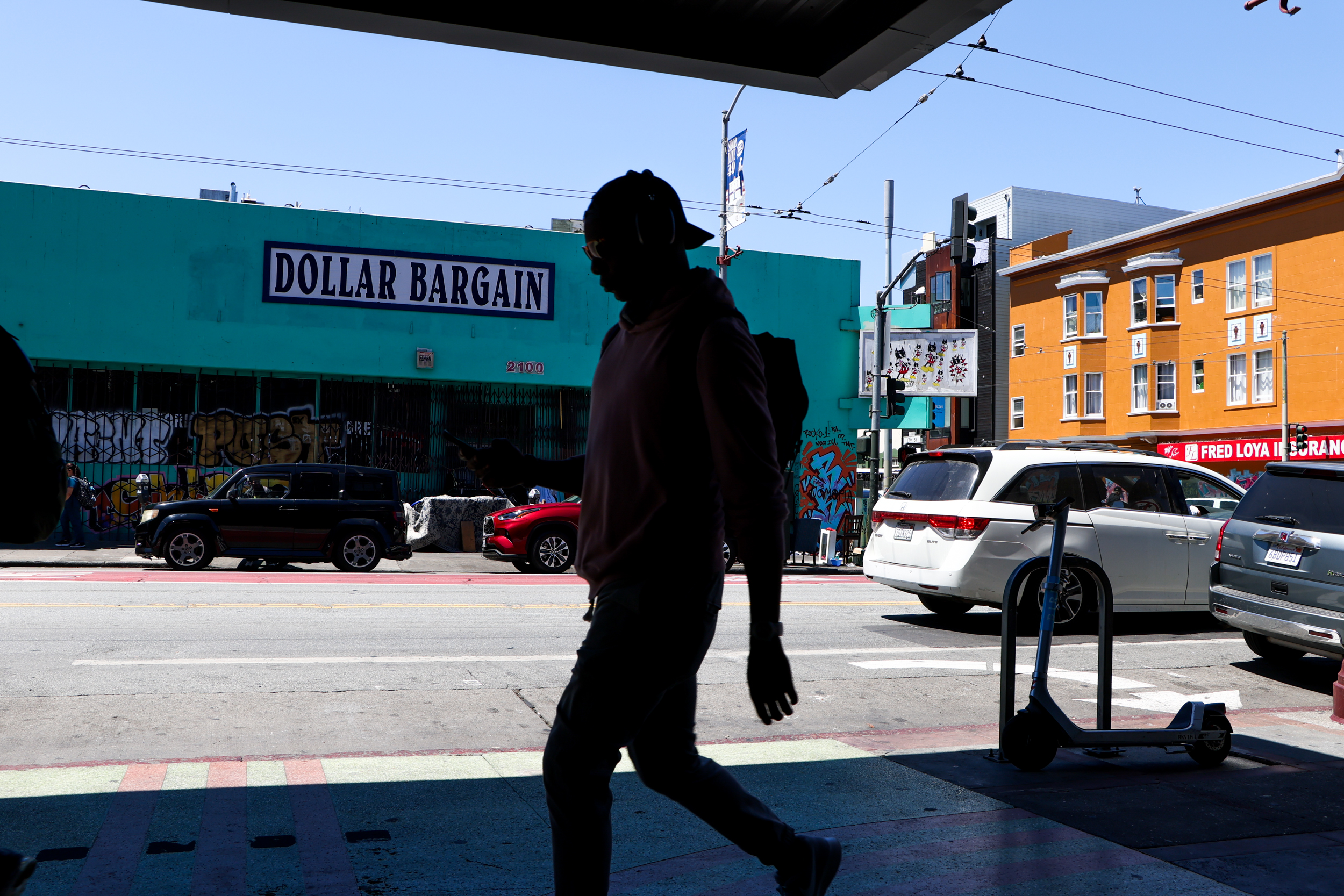The state had some tough love to give in the form of memos this week aimed at San Francisco policymakers.
In a response to the city’s draft plan to create 82,000 new housing units by 2031, as is required by state law, the state’s Department of Housing and Community Development included a laundry list of changes the city must make to its housing policies, among them the byzantine process of permitting new projects. The housing department also said it’s launching a first-ever investigation of San Francisco’s housing policies.
The critique came alongside revelations that San Francisco’s permitting for new construction is slower than peer cities, with the Department of Building Inspection issuing permits for an estimated 3,000 units so far this year.
The data shows wide disparities by supervisorial district, which should come as no surprise to those familiar with the restrictive zoning in many parts of the city. Districts 1, 3, 4, 7 and 11 each issued permits for fewer than 50 units so far this year, according to estimates provided by the Department of Building Inspection. District 6 recorded the most new units permitted, at around 2,000.
The Standard reached out to supervisors whose districts recorded fewer than 50 new units permitted this year, and heard back from Supervisors Myrna Melgar and Ahsha Safaí.
Melgar, who represents District 7 and also chairs the city’s Land Use and Transportation Committee, said the critiques from the state were unsurprising. Neither were the low permitting numbers, given sky-high inflation and worker shortages facing the construction industry. But she argued that a more holistic picture of her district would include approvals in recent years for larger projects like Balboa Reservoir, Stonestown and Parkmerced, which could account for thousands of new units built over the next decade.
In particular, the state will be scrutinizing the city’s discretionary review process that gives the city’s planning commission and Board of Supervisors the final say over project approvals. Melgar doubts, however, that the city’s case-by-case approach to housing approvals is actually stopping a significant number of new housing units.
But Melgar is in favor of some reform: While she has yet to support either of the dueling streamlining initiatives slated for the November ballot, she is contemplating how to cut out arduous discretionary reviews for some projects.
One way in which that might take shape? Yes, fourplexes.
Hold your eye-rolls, because District 11 Supervisor Ahsha Safaí plans to reintroduce a proposal to allow multi-unit developments on more single-family lots after Supervisor Rafael Mandelman’s “compromise” plan was vetoed by Mayor London Breed in July.
Safaí said his new version would remove discretionary review for certain projects. While he’s not currently considering a blanket removal of discretionary review, like some at the state level argue may be necessary, he is open to discussing the idea.
“Let’s have this conversation,” Safaí said.
Safaí, too, said the permitting numbers for District 11 may be low this year but haven’t been in past years. He also argued that demand to build in the southern end of the city has been slow, but expects it to pick up in the future.
The city’s planning and building departments say they’re enthusiastic about working with the state toward compliance and reform. The mayor, too, applauded the state’s tighter scrutiny of local housing policies.
Pro-housing groups warn that if San Francisco policymakers don’t act fast to reform permitting or otherwise do what’s necessary to allow more construction, the state may withhold critical funding for affordable housing projects, deepening the city’s housing crisis.
Due early next year, the 2022 Housing Element Update requires San Francisco to prove it can make room for 82,000 new units and also to explain how its permitting process works. The mandate has more teeth due to a new state law authored by State Sen. Scott Wiener and supported by groups like the Bay Area Council, which increased the required units for each region for this and future housing cycles. Some of the state’s questions can be answered by the city’s planning and building departments. But reforming the city’s policies, like zoning and discretionary review, is up to the Board of Supervisors.
“If they dont act, the state will act for them,” said Louis Mirante, Bay Area Council’s vice president of public policy.
In 2018, the city’s planning department did an internal streamlining of its planning process, but department spokesperson Dan Sider said more work remains to be done. The low permitting numbers this year, Sider said, are in large part due to fewer applications being filed in the first place.
But he wants to make applying for a permit easier so as to not discourage potential applicants—which is something he hopes the state’s actions will help bring to light.
“We have a process here that is not geared towards getting housing built quickly or with a lot of certainty,” Sider said.
The Department of Building Inspection, too, is working to reform its permit review and approval process, changing how staff checks more complex project applications and simplifying application instructions on its website, for example.
But a total overhaul of the site permit process could be necessary, DBI spokesperson Patrick Hannan wrote in an email to The Standard.
“The current site permit process outlined in the San Francisco Building Code results in redundant city reviews, which drives up building costs and creates more uncertainty for the project,” Hannan wrote. “We’ve already started to work with City Planning and other city departments to substantially improve this process, reduce permit review times, and help San Francisco meet its housing goals.”
Correction: This story has been updated to reflect Supervisor Myrna Melgar’s stance on the two ballot measures attempting to streamline housing.
